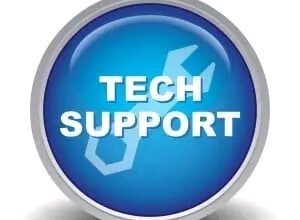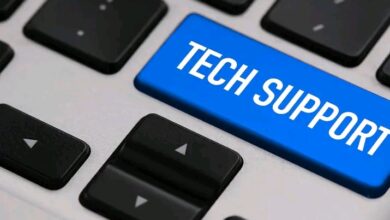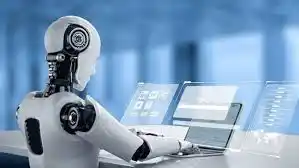The Impact of Artificial Intelligence on Growth and Employment

Artificial intelligence (AI) has emerged as a transformative technology that is reshaping industries, economies, and societies at an unprecedented pace.
As AI continues to evolve, its impact on growth and employment becomes a topic of great interest and concern.
In this article we will delves into the ways AI is shaping these areas.
The Growth Catalyst
AI has swiftly established itself as a growth catalyst for various industries. One of the primary reasons for this is its ability to process and analyze massive volumes of data at speeds that humans could never achieve.
By extracting meaningful insights from this data, businesses can make informed decisions, identify new opportunities, and refine their strategies.
This data-driven approach leads to increased efficiency, enhanced customer experiences, and the development of innovative products and services.
Transforming Employment Landscapes
While AI presents numerous opportunities for growth, it also brings about changes to the employment landscape.
The automation of tasks previously performed by humans is a notable aspect of AI’s impact.
Repetitive and routine tasks in industries such as manufacturing, customer service, and data entry are increasingly being handled by AI-powered systems.
This transformation can lead to concerns about job displacement and the need for reskilling and upskilling the workforce.
The Intersection of AI and Employment
Contrary to the fear of widespread job loss, AI’s impact on employment is multifaceted. While certain jobs may become obsolete, AI also creates new roles and opportunities.
The technology gives rise to positions in AI development, data analysis, machine learning engineering, and more.
Additionally, the collaboration between humans and AI can lead to increased productivity and innovation, ultimately leading to new avenues for job creation.
Ethical Considerations and Regulation
The growth of AI also necessitates discussions on ethics and regulation.
As AI systems become more advanced, questions about bias, transparency, and accountability arise.
Striking a balance between innovation and responsible AI development is crucial to ensuring that the benefits of AI are distributed equitably and that potential risks are mitigated.
FAQs
Will AI completely replace human workers?
While AI may automate certain tasks, it’s unlikely to completely replace human workers. Instead, AI often complements human capabilities, leading to new collaborations and roles.
How will AI impact job opportunities in the future?
AI will reshape job opportunities. While some jobs may decline, new roles in AI development, data management, and more will emerge.
Are there ethical concerns with AI’s impact on employment?
Yes, ethical concerns exist. Issues of bias, transparency, and job displacement require careful consideration and responsible AI development.
How can individuals prepare for AI-driven changes in employment?
Individuals can prepare by developing adaptable skills, embracing lifelong learning, and staying informed about industry trends to remain relevant in a changing job market.
Also Read: Top 10 AI Technology Startups to Watch in 2024





